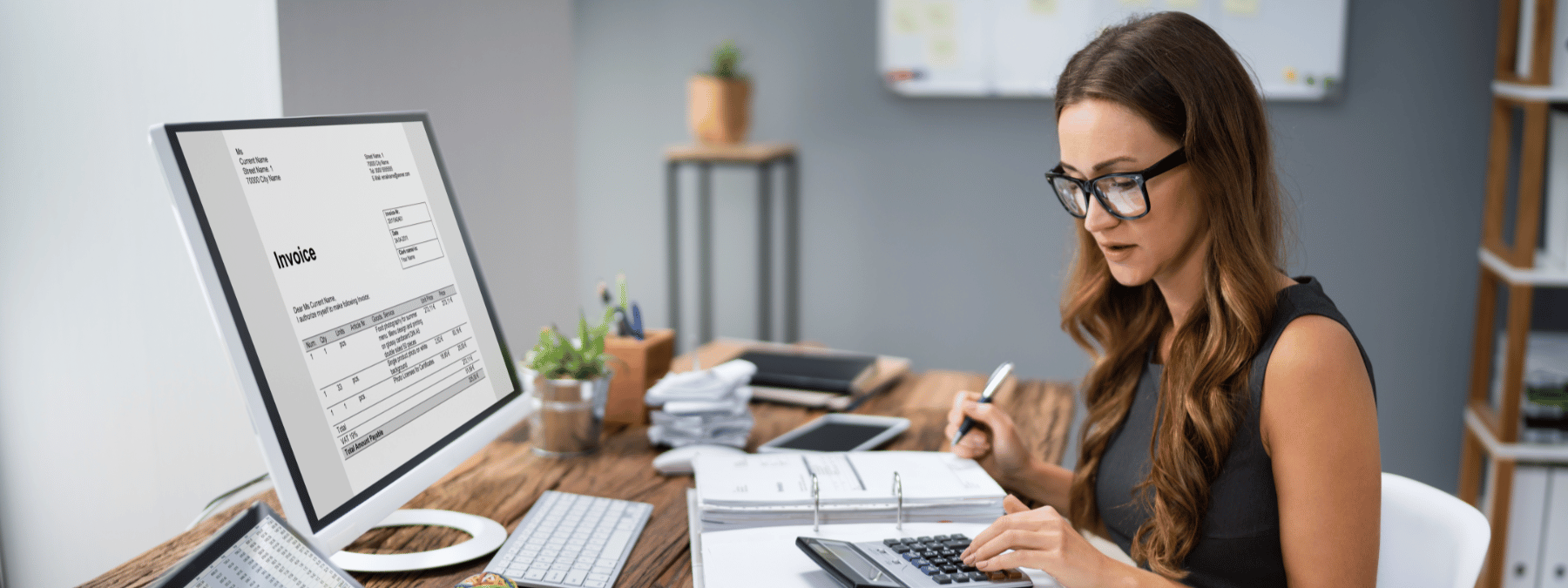What are your Business Tax obligations?
SMEs are subject to numerous taxes from corporation tax to national insurance. Below is a summary of the different types of taxes that a business owner may encounter.
Corporation Tax
Corporation Tax is a tax on taxable income or profits, it is applicable to the below businesses:
A Limited company
A foreign company with a UK branch or office
A club, co-operative or other unincorporated association, e.g. a community group or sports club
Businesses must calculate their own tax liabilities, and are liable to pay the tax direct to the Inland Revenue. It is the businesses responsibility to keep accounting records and prepare their tax return. They must either report they have nothing to pay, or make payment. Payment of Corporation Tax is due 9 months and one day after the businesses' "normal due date" - usually the last day of their annual accounting period. Filing company tax returns is usually 12 months after the end of their accounting period.
Capital Gains Tax
Capital Gains Tax is a tax on the profit when the business sells (or 'disposes of') something that's increased in value. It's the gain that's been made that's taxed, not the amount of money that's been received. Disposing of an asset includes:
selling it
giving it away as a gift, or transferring it to someone else
swapping it for something else
getting compensation for it - like an insurance payout if it's been lost or destroyed
You pay Capital Gains Tax on the gain when you sell, or 'dispose of', business assets. Business assets you may need to pay tax on include:
Value Added Tax (VAT)
You will need to register for VAT if your business has annual sales of taxable goods and services which reach the £82,000 VAT threshold.
If you are a VAT-registered business you must charge VAT on goods or services and you may reclaim any VAT you've paid on business-related goods or services. You must report to HM Revenue and Customs (HMRC) the amount of VAT you've charged and the amount of VAT you've paid. This is done through your VAT Return which is usually due every 3 months. Records must be up to date and easy to find, and if you register for VAT you must keep your records for six years.
National Insurance
If you are an employer, you must pay National Insurance contributions on your personal earnings, employee's earnings, and any benefits you may provide to your employees. To make National Insurance contributions for your staff, you need to register for PAYE with HMRC. The National Insurance contributions for each of your employees should be calculated, and deducted, at the same time through PAYE when you do the payroll. Once each calculation has been made, you must pay the required amount to HMRC.
Self-employed pay tax on their business profits (not personal earnings), as well as Class 2 and Class 4 National Insurance contributions.
National Insurance by class
Class 1: Employees earning more than £157 a week and under State Pension age - they're automatically deducted by the employer
Class 1A or 1B: Employers pay these directly on their employee's expenses or benefits
Class 2: Self-employed people - don't have to pay if they earn less than £6,025 a year (but they can choose to pay voluntary contributions)
Class 3: Voluntary contributions - can be paid to fill or avoid gaps in a National Insurance record
Class 4: Self-employed people earning profits over £8,164 a year
PAYE
Pay As You Earn (PAYE) is a scheme operated by HM Revenue & Customs to take income tax from employees as they earn it.
Sole Trader: You are considered self-employed and therefore not affected by PAYE. You will self-assess your income and complete a tax return. Limited Co.: As an employer, you must operate PAYE as part of your payroll.
Remember:
All payroll data must be submitted to HMRC in 'real time', rather than at the end of each tax year.
You must tell HMRC when a new employee starts or their circumstances change
You must advise HMRC of any employee expenses or benefits
Payments to our employees is not just salary but also covers tips, bonuses, statutory sick and maternity pay.
Capital Allowances
The system of tax relief on investment in business equipment can be complicated. You can claim capital allowances when you buy assets that you keep to use in your business such as equipment, machinery and business vehicles, e.g. cars, vans or lorries. You can deduct some or all the value of the item from your profits before you pay tax.
You claim for the cost of things that aren't business assets in a different way such as your business's day-to-day running costs, items that it's your trade to buy and sell or interest payments or finance costs for buying assets. You would claim these costs as business expenses if you're a sole trader or partner, or deduct from your profits as a business cost if you're a limited company.













